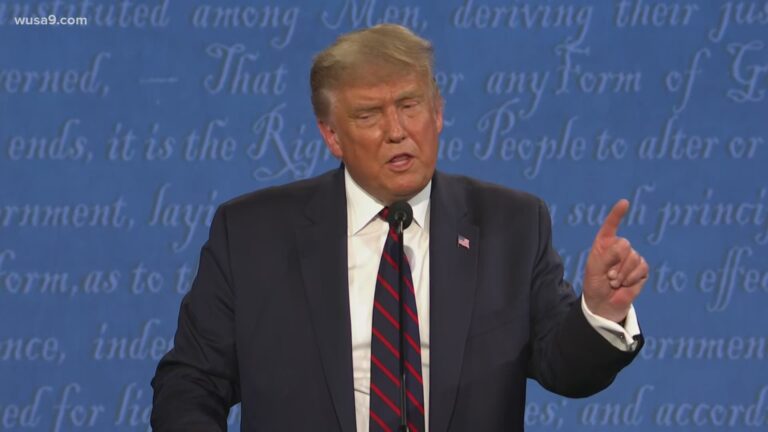
STRATEGIC ASSESSMENT. A Siberian regional opposition deputy has fled to Georgia shortly after Russian authorities launched a criminal investigation against her on allegations of spreading “fake” information about the Russian army.
Helga Pirogova, 33, was arrested last week and charged days later over a since-deleted tweet that criticized the mother of a deceased volunteer soldier who praised local authorities’ arrangement of her son’s funeral in an independent media article.
Pirogova told the independent Mediazona news website Monday that she is now in Tbilisi, the capital of ex-Soviet Georgia.
She was scheduled to appear for an interrogation at the Investigative Committee, which probes major crimes, in Novosibirsk at 6:00 a.m. Moscow time on Monday. According to state media, authorities were set to place Pirogova on the wanted list if she did not appear for her questioning.
Pirogova was elected to the Novosibirsk Council of Deputies in 2020 with the support of jailed Kremlin critic Alexei Navalny’s “Smart Voting” strategy.
Some of her pro-Kremlin colleagues at the Novosibirsk regional assembly had publicly appealed last week for her to be prosecuted over her tweet.
The Investigative Committee launched the criminal investigation against Pirogova on orders by the committee’s chief Alexander Bastrykin.
Pirogova faces up to three years in jail on charges of spreading fake news about the Russian military’s actions.
Russia passed a law in March that allows jail sentences of up to 15 years for spreading what authorities determine to be false information about the military.
Thousands of Russians have been fined or face jail time for carrying out anti-war protests or making anti-war statements since the invasion of Ukraine in late February.
Pirogova was elected to the Novosibirsk Council of Deputies in 2020 with the support of jailed Kremlin critic Alexei Navalny’s “Smart Voting” strategy.
The case against her was opened at the orders of Investigative Committee chief Alexander Bastrykin. The order was made public just minutes before the investigation’s launch.
Kremlin critics say the new laws against spreading “fakes” about the Russian army or “discrediting” the military are aimed at stamping out dissent and blocking out information that contrasts with the official narrative of its military campaign in Ukraine.
Several people have been charged under the laws for publicly criticizing the war, which the Kremlin calls a “special military operation.” (Moscow Times)







